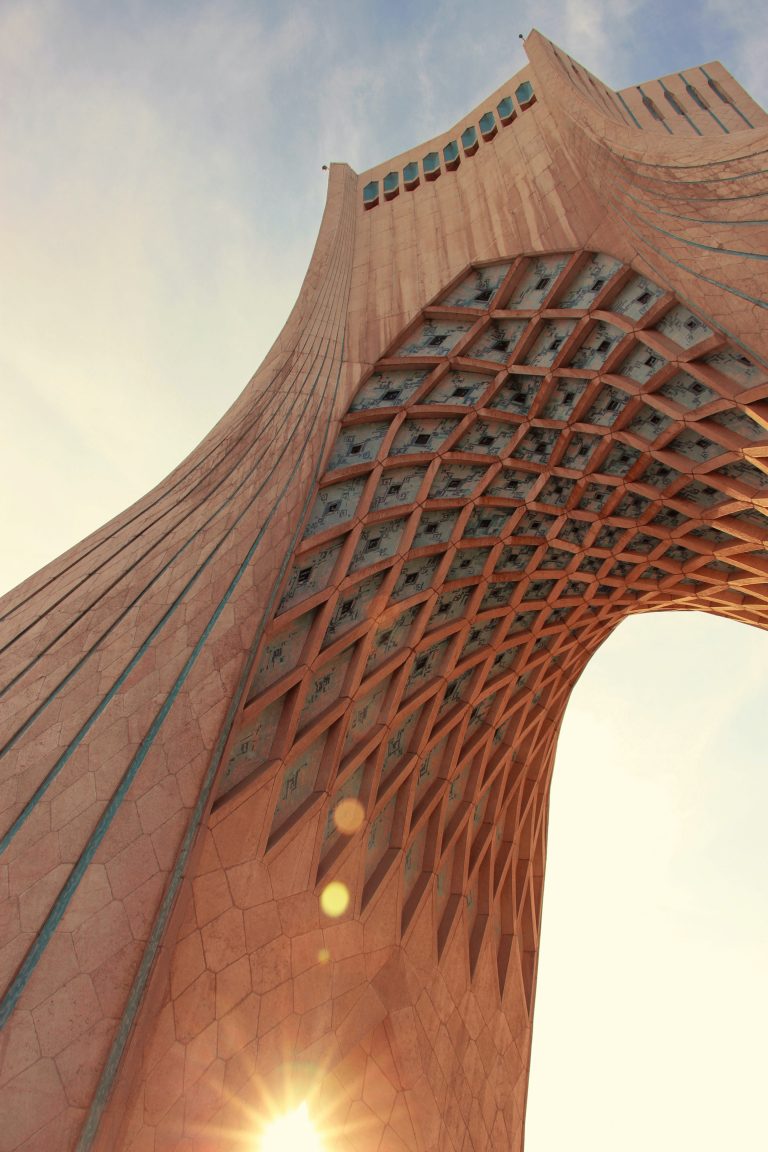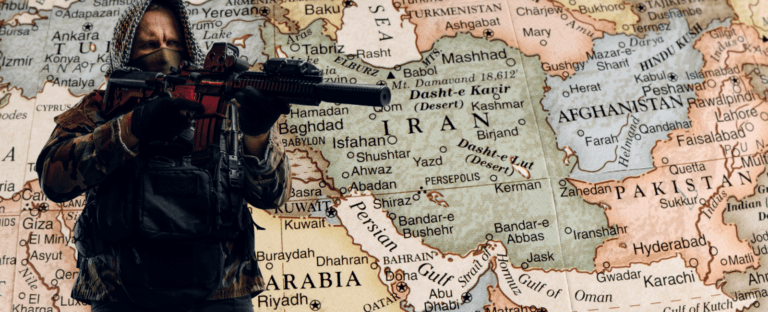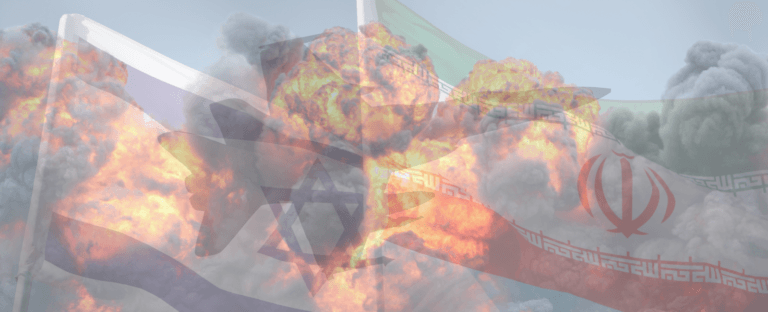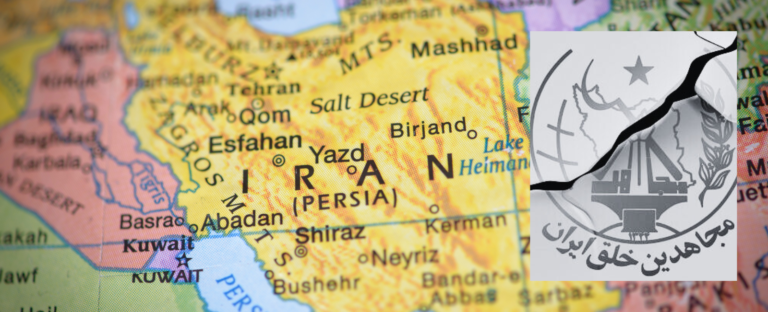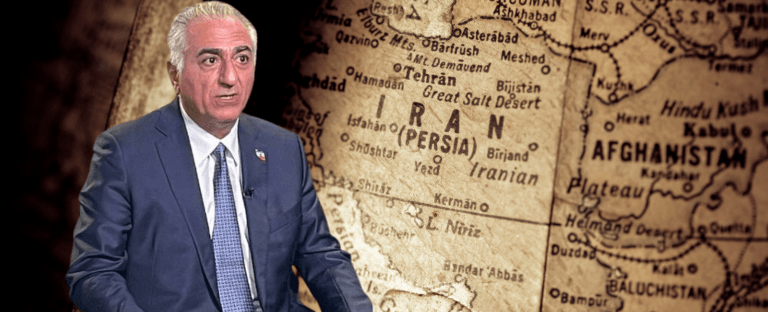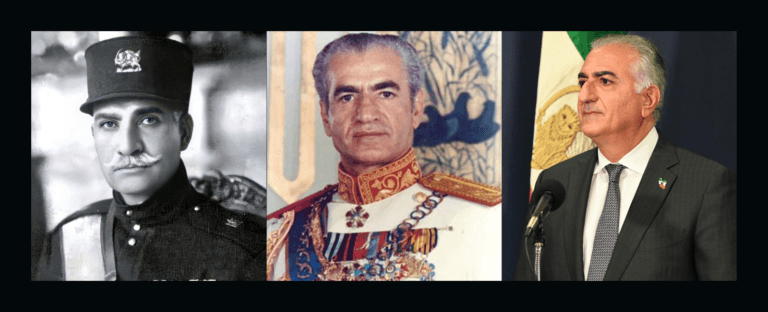Iran’s First 180 Days After Regime Collapse – A Constructive Assesment of the Iran Prosperity Project’s Transitional Plan
The Cyrus the Great Institute (CGI) presents a constructive assessment of the Iran Prosperity Project’s Emergency Phase plan, a 180-day roadmap for governance in the aftermath of the Islamic Republic’s overthrow. While recognizing the Booklet as the most comprehensive effort in nearly half a century to prepare for transition, CGI identifies both notable strengths and significant weaknesses. Strengths include its focus on essential services, its structured institutional design, its commitment to de-ideologising the state and re-engaging internationally, and its prudent approach to security sector reform. Weaknesses include the absence of references, superficial or uneven treatment of complex issues, lack of definitions for key terms, inconsistencies between chapters, and a failure to plan for alternative or contested scenarios.
CGI advances an alternative legal framework to strengthen legitimacy and stability: officially declaring the Islamic Republic illegitimate; temporarily reinstating the pre-1979 legal framework and Constitution as the legal foundation while not being fully bound to all provisions; suspending Islamic supremacy; removing gender-specific succession language; and governing through the Constitution alongside provisional legal instruments. This framework culminates in a national referendum on both the form of government and the constitution.
Beyond law, the report critiques the political process for unrealistic electoral timelines, emphasizing the need for transparency, fairness, and adequate preparation to prevent factional imbalance.
In foreign policy, it calls for recalibrating nuclear and missile commitments, adopting a balanced posture toward major powers, replacing compromised diplomats, and creating an intelligence secretariat within the Ministry of Foreign Affairs.
On security, it stresses the need to clearly separate military, intelligence, and law enforcement functions, to establish a National Counterintelligence Center, to prevent militarization of civilian agencies, and to protect strategic assets and sovereignty. CGI further proposes that a reformed national intelligence and security service should rest on four core directorates—Domestic Security, Foreign Intelligence, Signals & Cyber, and Science & Technology—to reflect the functional complexity of modern intelligence work.
Together, these recommendations aim to provide Iran with a resilient, legitimate, and strategically grounded pathway from collapse to stability, honoring the vision of Crown Prince Reza Pahlavi while addressing the pragmatic demands of governance in a moment of historic transition.


